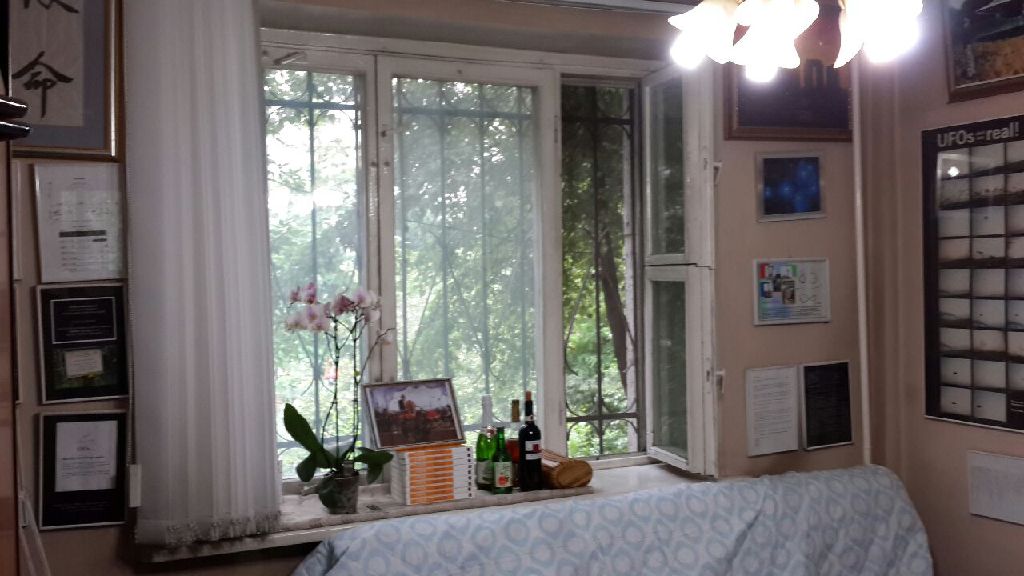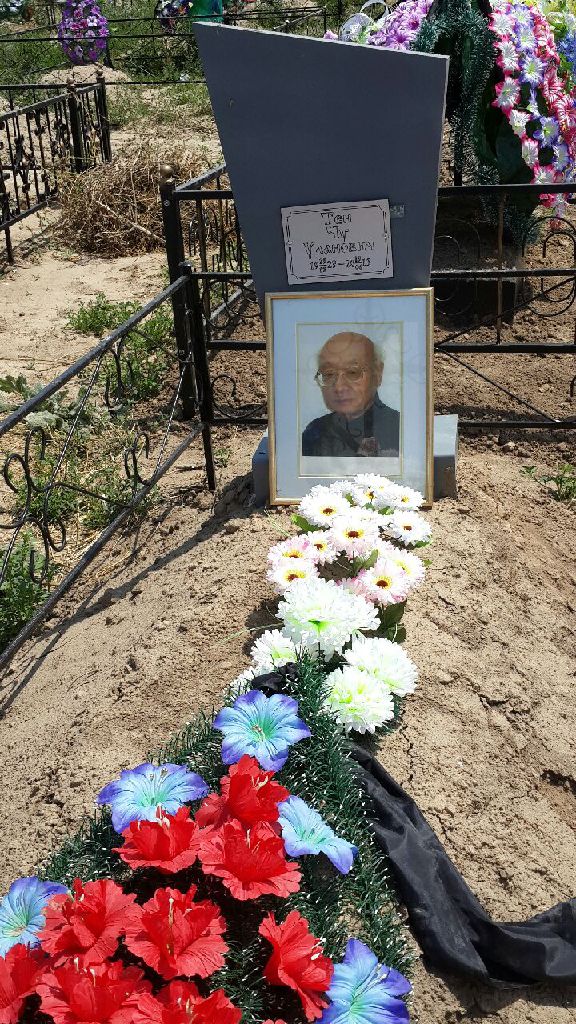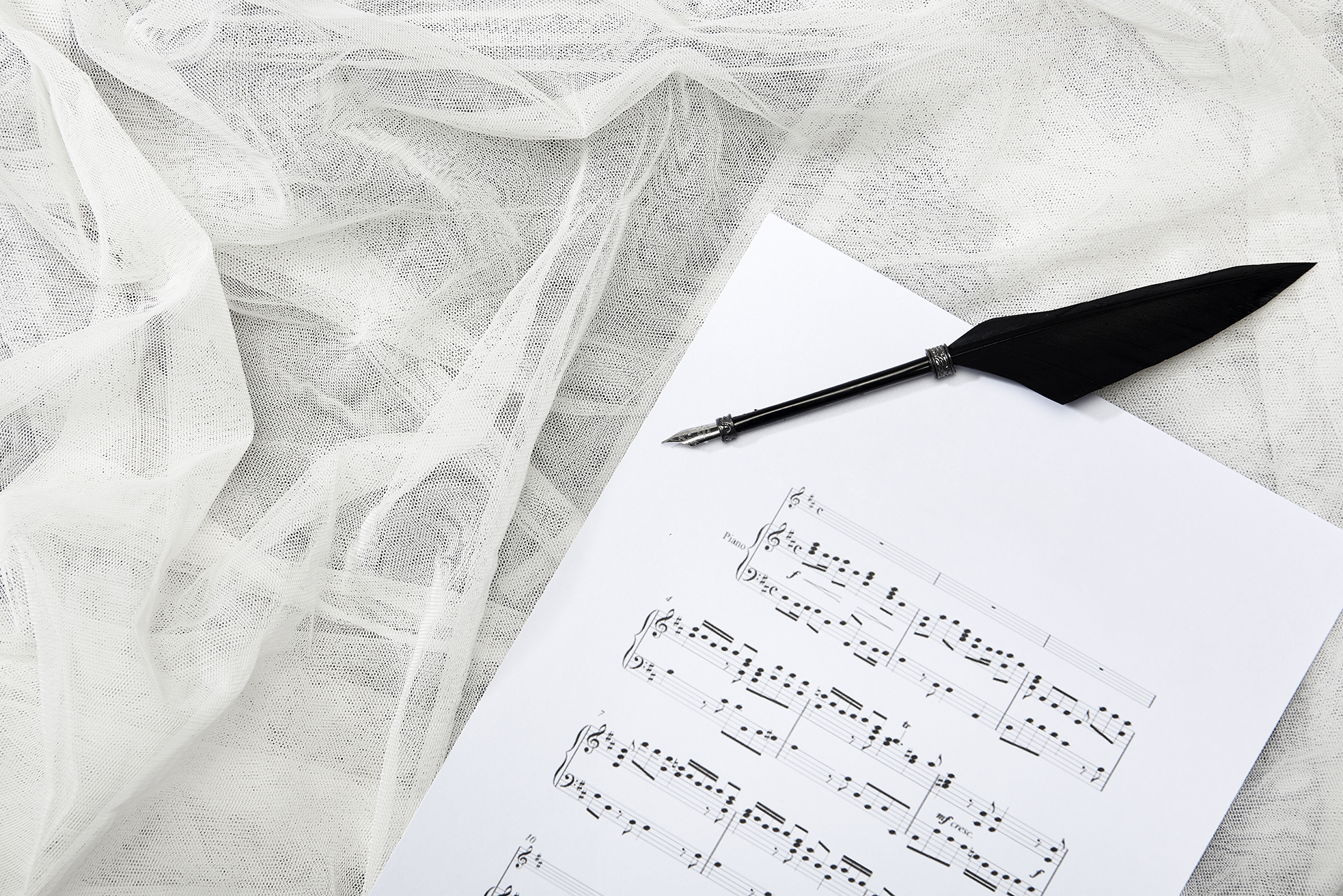Jeong Chu’s Song of Goryeo
Forgotten at Home, Famous Abroad (III)
Interview by Jeong Jiyeon.
This article aims to shed new light on the life of Gwangju’s forgotten musician, Jeong Chu, a Gwangju-born emigrant caught up in Korea’s turbulent modern-day history. His life was reconstructed through an interview with Mr. Jeong Heon-ki, a culture and arts planner. This concluding article continues from “The Black-Haired Tchaikovsky” in the November issue of the Gwangju News.
During his studies at the Moscow Conservatory in Russia (then the Soviet Union), a warrant to arrest Jeong Chu was issued by the North Korean authorities with the accusation that he was promoting a movement against the idolization of Kim Il-sung. In response to this, Jeong Chu wrote a letter to Khrushchev, First Secretary of the Communist Party of the Soviet Union, to seek political asylum. Consequently, instead of being forced to return to North Korea, he was deported to Almaty, Kazakhstan. It was not until 17 years after being deported, in 1975, that Jeong Chu was able to receive Kazakhstani citizenship.
Jeong Jiyeon (JJ): It is said that Jeong Chu was deported to Almaty, Kazakhstan, for demonstrating against Kim Il-Sung’s idolization in Russia. We are curious to hear what his life was like in Kazakhstan and what he did while there.
Jeong Heon-ki: In 1958, after arriving in Kazakhstan, he came across the “Goryeo people” (Koreans in the Soviet Union who were exiled to Central Asia by Stalin). However, as you probably are very well aware, Stalin committed many atrocities against the Goryeo people in Central Asia, which deeply shook Jeong Chu. It left such a big impact on him that there is even a symphony he created, inspired by the deportation of the Goryeo people to Central Asia called “September 11, 1937, Stalin.”
Another great achievement of his during this time was that he recorded the musical oral heritage of the Goryeo people. He took a state-of-the-art portable recorder of the time, which had just been released, and got on board the Trans-Siberian Railway. He recorded, as well as wrote down, musical scores of the songs he heard from the Goryeo people he met along the way. In this way, he collected over 1,000 traditional songs. I truly believe that the reason why he was able to immerse himself in this way in studying folk music was because, as a musician, but also as an immigrant himself, he could, like no other, feel the sorrow and grief that the Goryeo people experienced due to alienation.
Interviewer’s Note: The early days of Jeong Chu’s exile in Kazakhstan gave birth to all of his most representative orchestral music pieces. Following that, starting at the end of the 1970s all the way until the year 1990, he focused mainly on his research as a folk music scholar, as well as on educational activities as a university professor. What is more, about 60 of his works were featured in Kazakh music textbooks, and in 1988, he was awarded the title of “Honored Cultural Worker of Kazakhstan” by the Kazakh government.

JJ: We would like to hear your opinion, as a descendant of Jeong Chu, about what kind of musician you would like him to be remembered as.
Jeong Heon-ki: It seems to me that people tend to, more or less, take an eventful approach to Jeong Chu’s life. When researching about his life and achievements, one cannot help but think about their sociological, economical, and political effect. However, reflecting on the circumstances of the era, I hope that more light is shed on what kind of life he lived as a Korean born during the Japanese colonial era, as a post-war (both of World War II and the Korean War) musician when the ideologies of the day were sharply opposed to each other.
Also, apart from Jeong Chu, there are many more amazing people from Gwangju in modern history. Among them we could mention the poet Dahyeong Kim Hyeon-seung, or the painter Bae Dong-shin, as well as Jeong Jun-chae, Jeong Chu’s older brother. However, the people of Gwangju are not really familiar with them. I firmly believe that in order for Gwangju to further strengthen its identity as a cultural and artistic city, as well as to strengthen its citizens’ sense of identity, more and deeper research on these important people should be done. For example, in France, the place where the famous painter Monet used to dwell has been developed into a tourist destination and has become a place that many people visit. So, it is my opinion that we as Gwangju citizens ourselves should first and foremost recognize the values of these amazing Gwangju people who all have made a great mark in recent Korean history. Only then will we be able to compare to cultural and artistic cities in other countries.

Interviewer’s Note: During his lifetime, Jeong Chu longed for the reunification of Korea and hoped that his song “My Homeland” would become the national anthem of his country. Unfortunately, he passed away in Almaty, Kazakhstan, at the age of 90 on June 13, 2013, without being able to witness either.

Photographs courtesy of Jeong Heon-ki.
THE INTERVIEWER
Jeong Jiyeon studied piano in university and is now working as a coordinator at the Gwangju International Center.



